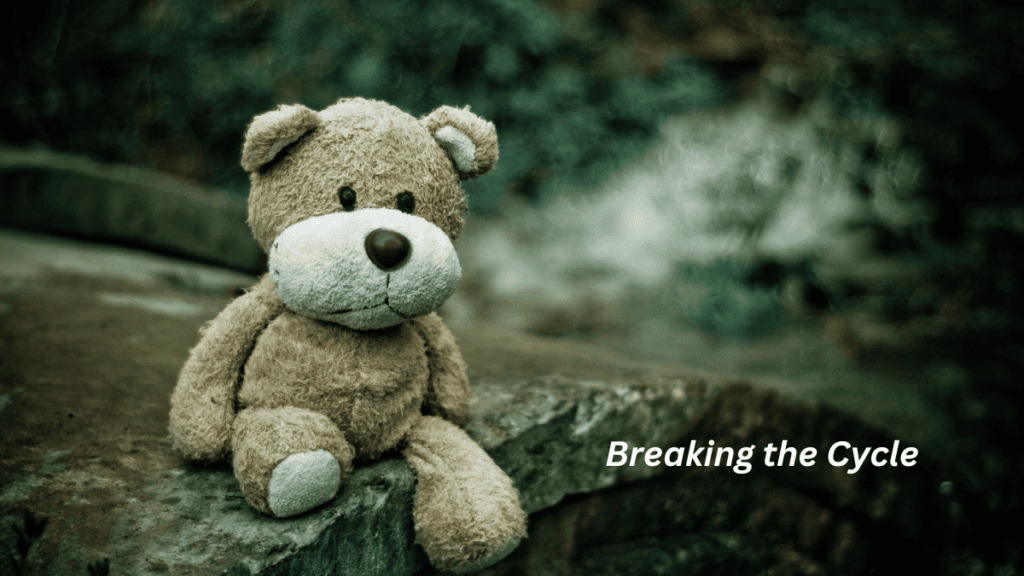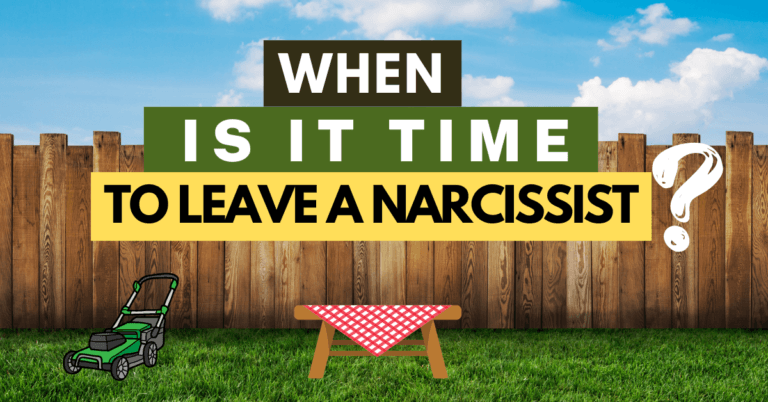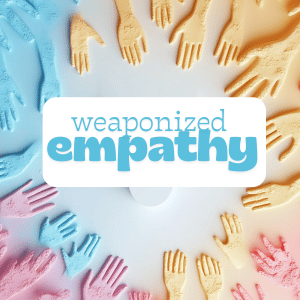17 Signs You May Be in a Toxic Dating Relationship
Toxic relationships are more common than many people realize. In the beginning, they may seem like any other relationship—filled with love, excitement, and connection. But over time, subtle behaviors start to emerge that can erode the very foundation of trust and respect.
Toxic behaviors may not always be obvious; they can manifest in manipulative language, gaslighting, or even emotional neglect. Often, they are veiled as “concern” or “love,” making it difficult for one to see the damage being done.
Recognizing these patterns early is critical to preventing long-term harm. The truth is, while every relationship has its challenges, there’s a significant difference between occasional conflict and ongoing toxic behavior that threatens your emotional well-being.
Statistics show that 1 in 3 adults will experience a form of emotional or psychological abuse in their relationships at some point in their lives (please see the resources below).
Unfortunately, the cycle of toxic behavior often continues for years before it is identified or addressed, leaving lasting scars. These behaviors can leave individuals feeling powerless, questioning their self-worth, and disconnected from their own needs.
Understanding what these behaviors look like is the first step in breaking free from their grip. This article outlines 17 common toxic behaviors in relationships to help you recognize when things have crossed the line and empower you to reclaim your emotional safety.
Why People Stay in Toxic Relationships
Understanding why people stay in toxic relationships is complex, and it involves a blend of emotional, psychological, and even societal factors.
To an outsider, the solution may seem simple: just leave. But for those within the relationship, leaving is rarely that straightforward. A toxic partner often wields control through manipulation, fear, or a perceived sense of dependence, which can make leaving feel like an impossible task.
Fear of Being Alone
One of the biggest reasons people stay is fear of being alone.
Ending a relationship, even one that is toxic, means facing an unknown future. The fear of loneliness can be paralyzing, especially if the person has grown accustomed to having their partner in their life. Society often places a high value on being in a relationship, which can add additional pressure to remain in one, even if it is harmful.
Many individuals fear the stigma of being single or believe that they won’t find someone better, leading them to settle for what they have, even when it’s unhealthy.
Regret for the Emotional Investment
Another common reason is emotional investment.
Relationships, particularly long-term ones, involve a significant investment of time, energy, and emotional resources.
People often stay in toxic situations because they feel it would be a waste to walk away after having put so much into the relationship. They convince themselves that with enough effort, they can “fix” their partner or the relationship.
In reality, this belief often prolongs the suffering, as toxic behaviors rarely change without serious self-reflection and accountability from both partners.
Cognitive DIssonance
There’s also the issue of cognitive dissonance, where individuals try to justify their partner’s toxic behavior to avoid confronting the painful truth.
Admitting that the relationship is unhealthy might force them to take action, which could be emotionally overwhelming. By rationalizing their partner’s actions, they avoid this discomfort and cling to the hope that things will improve on their own.
Hopeful for Future Change
Furthermore, many people stay in toxic relationships because they hold out for hope for change.
They believe that their partner will eventually see the error of their ways and transform into the person they once were—or who they believe they can become.
Toxic partners often capitalize on this hope by occasionally showing affection or making promises of change. These “breadcrumbs” keep the individual holding on, believing that things will get better, even when the toxic behaviors inevitably resurface.
Societal Pressure
Lastly, societal pressure plays a major role.
In a culture that often celebrates long-term relationships and marriages, there can be immense pressure to “make it work,” even at the cost of one’s own happiness. Thankfully times are changing and more people are choosing to remain single, women are getting or have their own money and society is slowly evolving forward.
Traditional gender roles, particularly in patriarchal societies, reinforce the idea that a relationship’s success or failure is a reflection of one’s worth (thankfully many women are now realizing this… and are breaking free from societal norms and doing life differently one that pleases what they want to do and not what they feel they have to do in order to fit in.)
As a result, many people fear judgment if they leave, feeling that they will be seen as failures for not sticking it out. Thankfully women now have the choice where they can leave. Read more on the GREAT DIVORCE.
Leaving a toxic relationship is never easy. But by recognizing these common reasons people stay, you can begin to untangle the complex emotions and pressures that keep you bound to a situation that no longer serves your well-being.
The key is to understand that staying comes at a cost—often your mental and emotional health—and that taking steps toward freedom is an act of self-love, not selfishness.
Toxic Dating Behaviors
Toxic behaviors in relationships can be subtle and hard to recognize, especially if emotions are involved. Understanding these behaviors is essential for protecting yourself from manipulation and emotional harm. Here are 17 common toxic behaviors to watch out for in dating relationships.
1. Emotional Manipulation
Toxic partners often try to manipulate your emotions by guilt-tripping or playing the victim. They might twist the truth to make you feel responsible for their unhappiness or dissatisfaction.
2. Blame-Shifting
Instead of owning up to their feelings or actions, toxic partners shift the blame onto you. They make it seem like you’re at fault for their issues, creating confusion and self-doubt in you.
3. Inconsistent Words and Actions
Toxic partners may say one thing but do another. They might express one set of feelings but act in a way that contradicts what they’ve said. This creates a feeling of instability and distrust in the relationship.
4. Pressuring You to Share Personal Information
While healthy communication is important, toxic partners may pressure you to reveal more than you’re comfortable with and hold it against you later.
5. Using Logic to Invalidate Your Feelings
They may overuse logic to make you feel like your emotions are irrational, undermining your feelings and making you question yourself.
6. Guilt for Setting Boundaries
When you establish boundaries, a toxic partner will make you feel guilty for doing so. They may say things like, “I’m just trying to be close to you,” or “I care about you more than you realize,” to make you feel bad for protecting your emotional space.
7. Unwanted Emotional Attachment
Toxic people might project their feelings onto you, developing emotional attachments even after you’ve communicated a desire for distance. They may interpret your kindness as romantic interest, even when you’ve been clear that you’re not interested.
8. Bringing Up Old Conversations
They rehash old arguments or discussions, accusing you of withholding information in the past. Toxic partners use this to make you feel as though you’re being dishonest or deceptive.
9. Passive-Aggressive Communication
Rather than being upfront about their feelings, they communicate in a passive-aggressive manner. This makes it difficult to address any real issues and keeps the relationship tense.
10. Playing the “Good Guy” Role
A toxic partner might constantly highlight how “good” they are to you, pointing out the sacrifices they’ve made. They use this to manipulate you into feeling like you owe them something, or that you’re being ungrateful for not reciprocating in a romantic way.
11. Misinterpreting Your Emotional Distance
They assume your emotional boundaries are a way to distance yourself on purpose, making it about their own feelings rather than respecting your need for space. They may accuse you of avoiding emotional intimacy as a defense mechanism.
12. Framing Rejection as a Personal Injury
Even after you make it clear that you don’t want a romantic relationship, they continue to frame your rejection as though it personally wounds them. Instead of accepting your boundaries, they see it as something unfair that was done to them.
Listen to the Podcast
13. Refusing to Let Go of Romantic Feelings
Even after you’ve expressed disinterest, a toxic partner may continue to push their feelings onto you. They refuse to accept that a relationship isn’t possible, creating an ongoing emotional burden for you.
14. Over-Personalizing Your Actions
They interpret your decisions, like traveling or spending time alone, as indirect comments about your feelings toward them. In reality, your choices may have nothing to do with them, but they take it personally.
15. Using Time as an Emotional Weapon
Toxic partners may try to emphasize how long they’ve known you or how long they’ve had feelings for you, using that time as a reason to justify their romantic interest or why you should reciprocate.
Related: Are you Emotionally Manipulated?
16. Overdramatizing the Importance of the Relationship
They make it seem like your relationship, even if platonic, is more important than it really is. They may tell you how much they would sacrifice for you or how special you are to them, trying to create an emotional obligation.
17. Refusing to Respect the End of the Relationship
After clear communication that the relationship is not moving forward romantically, a toxic partner will still push for more. They won’t accept that things are over and will try to linger in your life, even after boundaries are set.

What to Do If You’re Experiencing These Behaviors
If you recognize any of these signs in your relationship, it’s important to trust your instincts. Toxic behaviors can drain your energy, manipulate your emotions, and make you question yourself. Remember, you don’t owe anyone a romantic relationship, and your boundaries deserve to be respected.
- Set Clear Boundaries: Be firm about your boundaries and don’t let guilt or manipulation sway you.
- Limit Interaction: If the relationship is draining or consistently toxic, it may be time to limit your interaction or cut ties.
- Prioritize Your Emotional Well-being: Surround yourself with people who respect you and your boundaries.
- Seek Support: If you’re feeling confused or uncertain about the relationship, don’t hesitate to seek advice from trusted friends, family, or even a therapist.
Remember, a healthy relationship is based on mutual respect, clear communication, and emotional safety. If you’re not experiencing these things, it’s okay to walk away.
Resources
National Coalition Against Domestic Violence (NCADV): They provide research and statistics on various forms of abuse, including emotional and psychological abuse.
NCADV Website: https://ncadv.org/
Centers for Disease Control and Prevention (CDC): The CDC often reports on intimate partner violence and its prevalence, which includes emotional and psychological abuse statistics in their research.
CDC Website: https://www.cdc.gov/violenceprevention/index.html
National Domestic Violence Hotline: Provides resources and data on the different forms of abuse, including emotional and psychological.
Hotline Website: https://www.thehotline.org/
toxic dating toxic dating toxic dating toxic dating toxic dating toxic dating toxic dating toxic dating toxic dating toxic dating toxic dating toxic dating toxic dating toxic dating toxic dating toxic dating toxic dating






